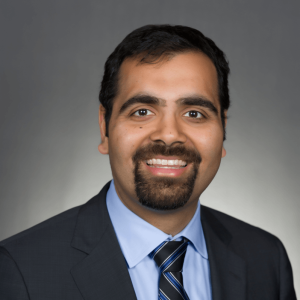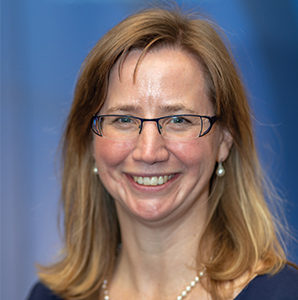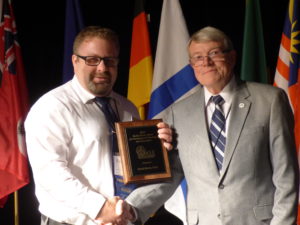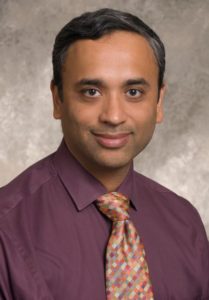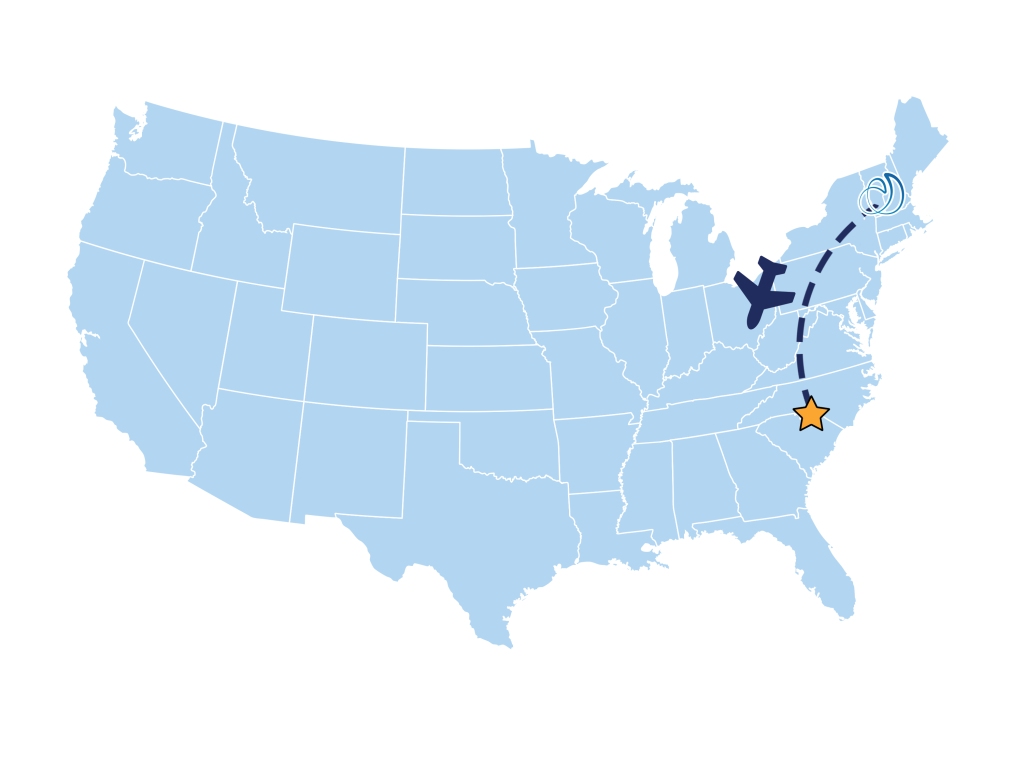
If you are attending the AAIM/CDIM 2022 Academic Internal Medicine Week in Charlotte, NC from April 10-13, please be sure to connect with us at our booth for updates on our new learning tools and ways to make the most of your Aquifer access. We look forward to seeing you at this year’s meeting.
Join us at Booth #623
Sunday, April 7: 7:00 AM – 3:30 PM; 5:00-6:30 PM (welcome reception)
Monday, April 8: 7:00 AM – 3:30 PM; 5:30-7:00 PM (poster reception)
Tuesday, April 9: 7:00 AM -12:00 PM
Aquifer Calibrate Q&A: Monday, April 11, 11:30 AM – 12:00 PM
With Joseph Wayne, MD; Albany Medical College; Aquifer Internal Medicine Assessment Lead
Learn about our Aquifer Calibrate, our new formative assessment system, designed to provide test-enhanced learning experiences that drive self-directed learning, identify students in need of coaching, and expose curricular gaps.
New Palliative Care Cases Q&A: Sunday, April 10, 1:30 – 2:00 PM
With Susan Merel, MD; University of Washington, Aquifer Palliative Care Leadership Team Academic Lead
Coming July 1, our new Primary Palliative Care cases address critical gaps in palliative care learning.
Scholarship Opportunities Q&A: Monday, April 11, 11:00 – 11:30 AM & Tuesday, April 12, 10:15 – 10:45 AM
With Kirk Bronander, MD; University of Nevada, Reno; Aquifer Internal Medicine Senior Director
Stop by and learn about Aquifer’s scholarship opportunities. With Aquifer, your work will have an impact on a national scale.
Assessment Q&A: Sunday, April 10, 3:00 – 3:30 PM
With Valerie Lang, MD, MHPE; University of Rochester; Aquifer Academic Director for Assessment
Curious about our Internal Medicine Clinical Decision-Making Exam, included with your subscription? Come by to learn more.
New Foundations of Telemedicine Cases Q&A: Monday, April 11, 1:00 – 1:30 PM
With Amit Pahwa, MD; Johns Hopkins Hospital; Editor-in-Chief, Aquifer Foundations of Telemedicine
Explore ways to integrate these new, short telemedicine cases to prepare students for telehealth visits.
What Students are Saying: Monday, April 11, 3:00 – 3:30 PM
With Jen Bierman, MD; Northwestern University; Aquifer Student Engagement Group Co-Lead
Find out how students are effectively using Aquifer cases and tips on leveraging our cases for maximum learning impact.
New Teaching Tools
We are looking forward to sharing updates on our work, including some exciting new learning tools and programs.
- Integrated Illness Scripts
- Explore our new teaching activities for Aquifer Integrated Illness Scripts to help link basic science and clinical learning at the bedside.
- Aquifer’s Curricular Partner Program
- Take full advantage of the power of our complete content library at a deep discount, and the enhanced benefits and exclusive access to new teaching and learning tools by becoming an Aquifer Curricular Partner.
Congratulations Consortium Members
Aquifer congratulates our Consortium Members on their recent election to leadership positions within AAIM.
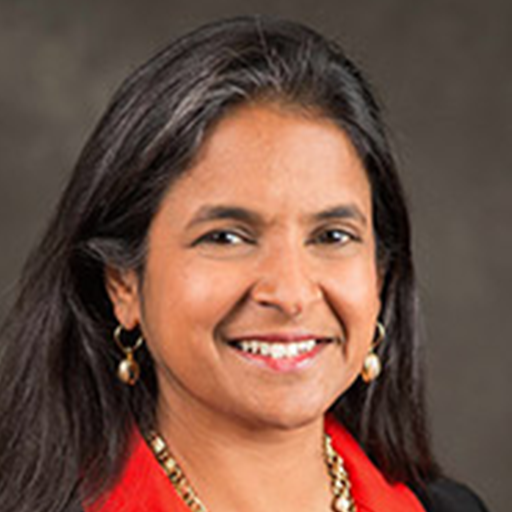
The Alliance for Academic Internal Medicine (AAIM) Governance Committee announced Shobhina G Chheda, MD, MPH, Chair for the FY 2023 Board of Directors. Shobina is the Aquifer Teaching and Learning Lead and Associate Dean for Medical Education at the University of Wisconsin Medical School.
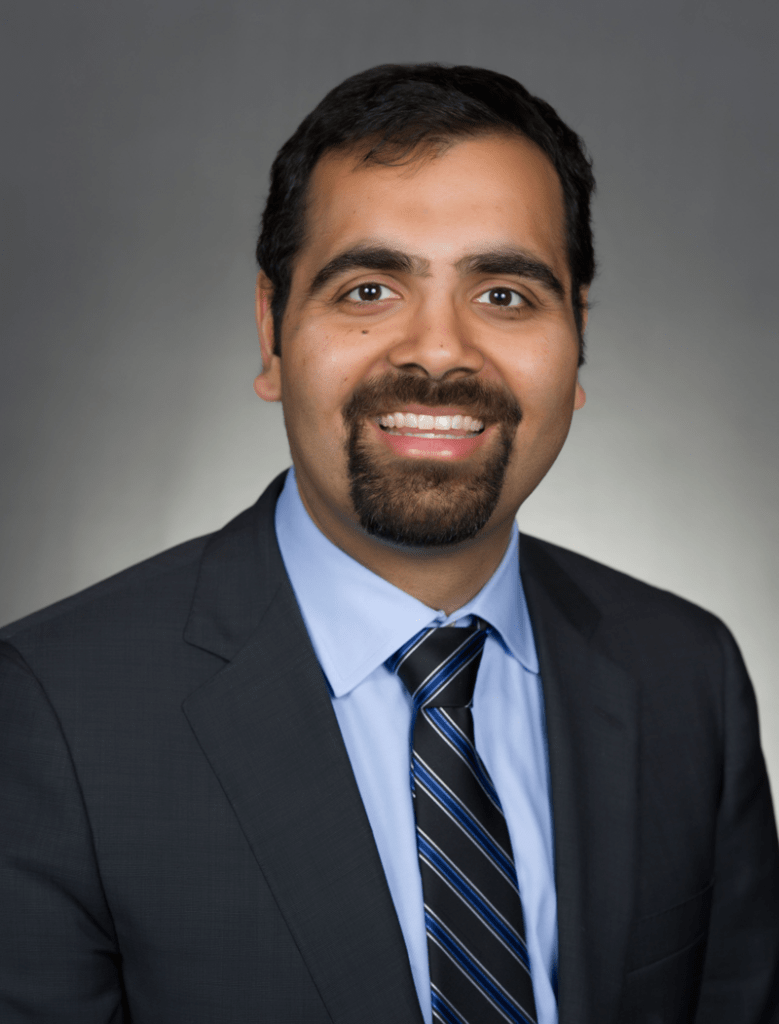
Amit Pahwa, MD, appointed Councilor by Clerkship Directors in Internal Medicine (CDIM) Governance. Amit is Assessment/Teaching & Learning Lead at Aquifer and is Associate Professor of Medicine and Pediatrics at the Johns Hopkins University School of Medicine.
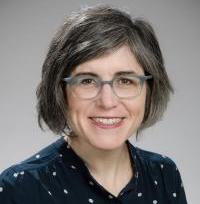
Susan Merel, MD, has been appointed Councilor, by Clerkship Directors in Internal Medicine (CDIM) Governance. Susan is the Aquifer Palliative Care Leadership Team Academic Lead, and is Associate Professor of Medicine of Internal Medicine at the University of Washington.
Aquifer Internal Medicine Course Board
- Senior Director: Kirk Bronander, MD, University of Nevada, Reno School of Medicine
- Assessment Lead: Joseph Wayne, MD, Albany Medical College
- Curriculum Lead: Jennifer Wright, MD, University of Washington
- Teaching & Learning Lead: Shobhina Chheda, MD, MPH, University of Wisconsin-Madison School of Medicine and Public Health
- Associate Editors for Aquifer Internal Medicine:
- Irene Alexandraki, MD, MPH, FACP, Florida State University College of Medicine
- Amy E. Blatt, MD, University of Rochester Medical Center
- Lisa Calvo, MD, University of Nevada, Reno School of Medicine
- Monica Edwards, MD, MPH, FACP, Loyola University Stritch School of Medicine
- Kendall Novoa-Takara, MD, University of Arizona College of Medicine, Phoenix
- Homan H. Wai, MD, FACP, VCU School of Medicine Inova Campus



